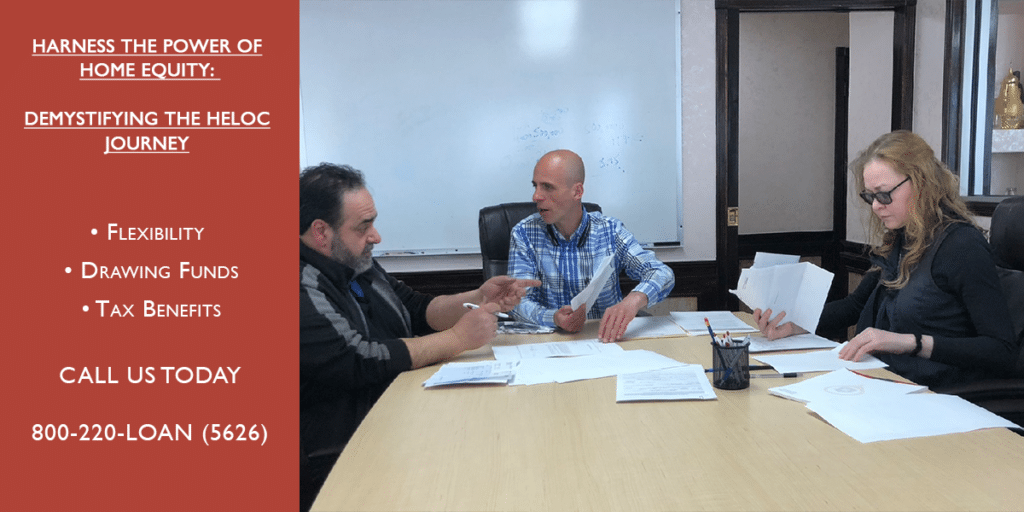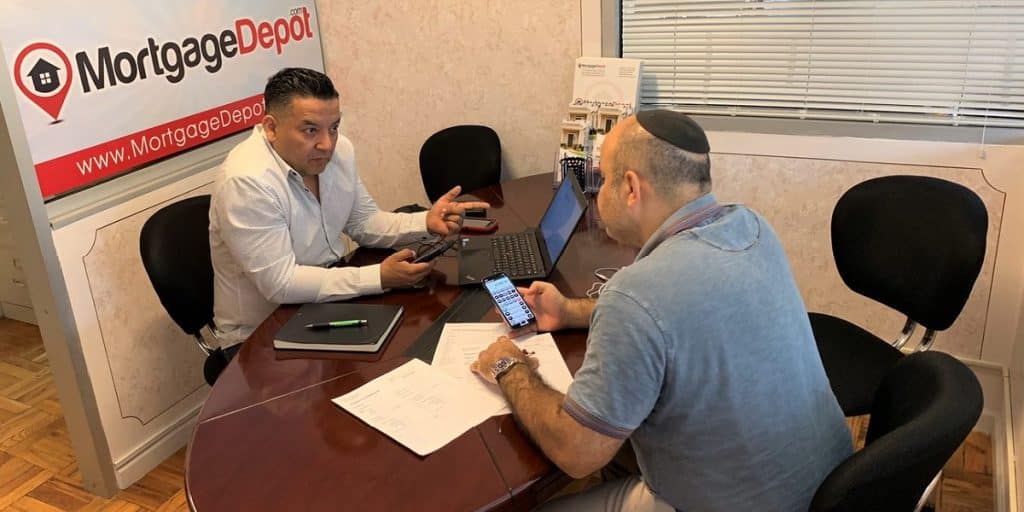
Applying for your first mortgage is a monumental event that sets the stage for you to achieve your dream of homeownership. In addition, your mortgage will be a major expense in your personal budget for years. Everything from qualifying for a mortgage to setting up manageable loan terms are leading priorities. Before you apply, you should walk through these steps to avoid missteps and to proceed with confidence.
1. Rent First
Homeownership comes with many responsibilities, so it is not the ideal living experience for everyone. By renting first, you can develop a solid understanding of the repair and maintenance expenses associated with ownership. You can also better determine what you are looking for in a place of your own.
2. Review Your Credit Rating
You should review your credit score for all three major credit bureaus well before you are ready to apply for a mortgage. Your credit rating feeds into the loan terms that you could qualify for. Addressing any issues upfront could help you to save thousands of dollars or more over the life of your mortgage. Keep in mind that it could take months for your credit scores to rise after an issue has been addressed. It is never too soon to start improving your credit.
3. Prepare Your Budget
You can and should use a mortgage affordability calculator to estimate the loan amount that you should apply for, but you also should do your homework through a real-life trial. If you are struggling to pay your rent on time, you understandably should not apply for a loan with a larger payment than what you are responsible for today. Do your best to live comfortably on an established budget and to save money at the same time. Learning how to live on a budget is essential before you are committed to a home loan.
4. Improve Your Financial Situation
Are you stressed about your current debt situation? The last thing that you want is to feel burdened by your mortgage because of your heavy debt load. Now is the time to focus on paying down debt balances, taking out a consolidation loan or taking other substantial steps to improve your financial situation.
5. Save Regularly
Having a healthy nest egg when you buy a home is important for a few reasons. You can use a portion of your nest egg for the down payment and closing costs. You also want to have a substantial amount of money left over to cover repair and maintenance costs. Your nest egg should be sufficient to cover your mortgage payment for a few months or longer in event you lose your job or face other unexpected situations.
Are you ready to apply for your first mortgage? After you walk through these steps, you can answer that question affirmatively and with confidence.
Contact one of our loan consultants to learn more.
Have questions or need help?
Call us now at 800-220-LOAN
Request a call back or email us your questions!







